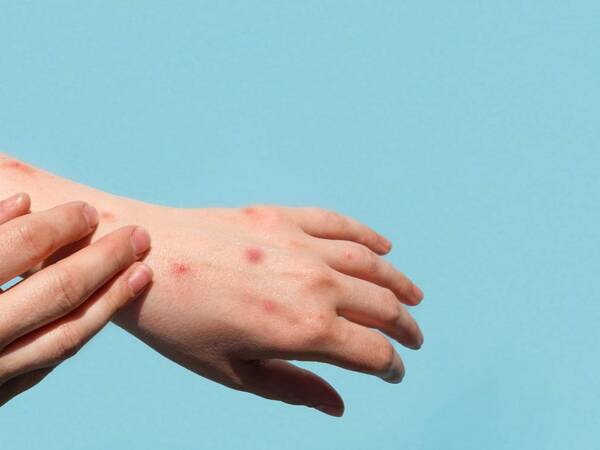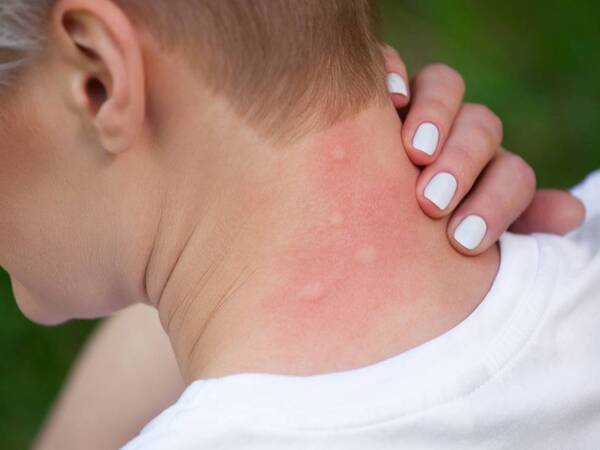News
Showing 151-160 results of 407 total
Health and Wellness | July 25, 2022
Debunking 7 First-Aid Myths
Health and Wellness | July 18, 2022
Can You Get Diseases From Pets?
Health and Wellness | July 14, 2022
What Is Monkeypox? Should I Be Worried?
Health and Wellness | July 7, 2022
What Do Common Blood Tests Check For?
Health and Wellness | July 6, 2022
Are Tonsil Stones Causing Your Bad Breath?
Health and Wellness | July 6, 2022
What is Frozen Shoulder?
Health and Wellness | June 30, 2022
How Can I Help My 2-Month-Old Develop Healthy Sleep Habits?
Health and Wellness | June 28, 2022
7 Water Safety Tips for Kids
Health and Wellness | June 20, 2022
Signs of Chlamydia and What to Do Next
Health and Wellness | June 8, 2022









